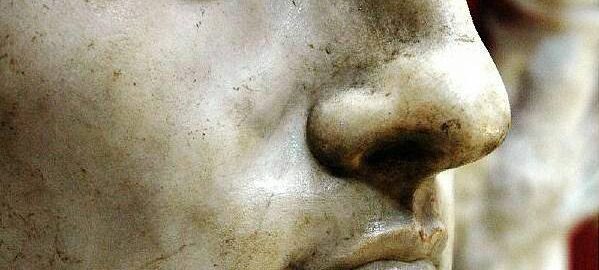Sponsiones were ceremonial promises, sureties and collaterals. Simply put, it was a verbal contract where one party asked the other if the other party promised to fulfil a certain benefit. If that person agreed, a bet was placed.
Like today, the Romans, as a result of exciting games and agons (sports competitions), concluded sponsiones sports among themselves. The first such plants are already mentioned by Homer in the Iliad. During the games in honour of Patroclus, a tense race of chariots made the arguing about the fate of the race, Idomeneus and Ajas made a bet about who was in the lead at any given moment. The subject of the plant was a valuable tripod.
In ancient literature, you can find a lot of examples showing the strength of emotions of die-hard fans, uncertain about the fate of their favourites. Pliny the Elder mentioned in his notes a certain Cecina, who informed his impatient friends about the results of the races, releasing swallows returning to their nests in the circus. The communication system was based on the assumption that clever Cecina would release a bird the colour of the faction that had just won. Other racing enthusiasts, when they heard about the defeat of their favourites, were thrown into the flames, still, other situations were compared to the defeat at Cannae.
More generally, this state of mind was described by Ammianus Marcellinus: “[…] from sunrise until evening, in sunshine and in rain, they stand open-mouthed, examining minutely the good points or the defects of charioteers and their horses. And it is most remarkable to see an innumerable crowd of plebeians, their minds filled with a kind of eagerness, hanging on the outcome of the chariot races”1.
Epictetus recalls that those who made the bet became so excited that they closed their eyes as the horses neared the finish line. Others, in turn, could not withstand the tension and faint, and then they had to be revived with soaked sponges.
Juvenal in one of his satires depicts the atmosphere of the betting as the scream of the crowd, shouts and quarrels of fans. Under such circumstances, in a state of excitement, bets can be reckless and daring. The boldness and courage of the founders also resulted from the fact that the use of sponsiones in public competitions was prohibited by law. They were allowed only during competitions of non-professional athletes who did not fight for cash prizes but only wanted to show their efficiency and strength. In such a situation, the participants of the competition did not face the threat of infamy, and the bettors were sure that a pure honourable fight would be without any arrangements, “setting”.
As you can clearly see, modern fans are not much different from ancient ones. The words “Vinicas, non vinicas, te amamus” (you will win or not, we love you2) promoted by the Olympic organizers melted into the crowd. Similarly, nowadays, few fans actually respect losers.






